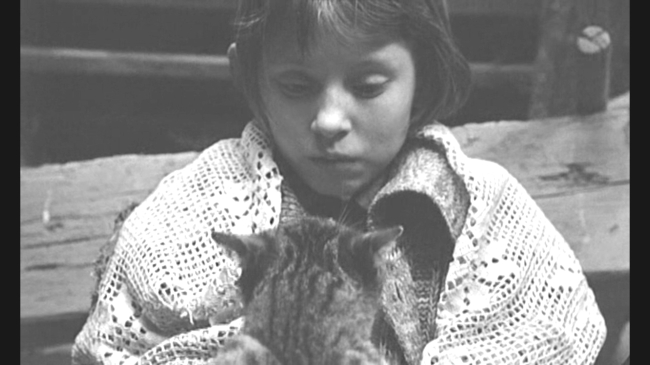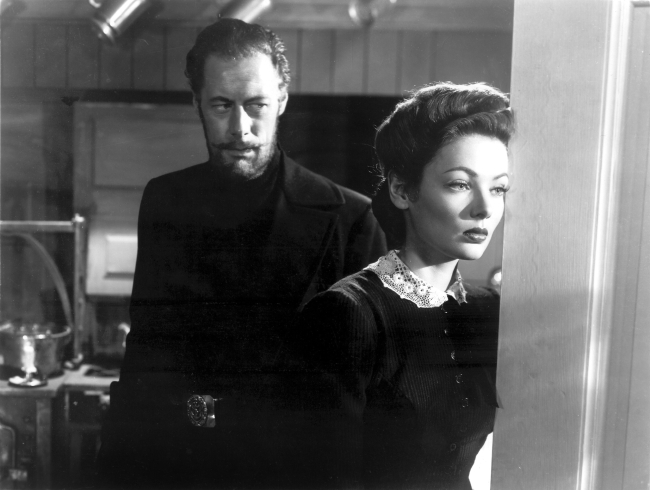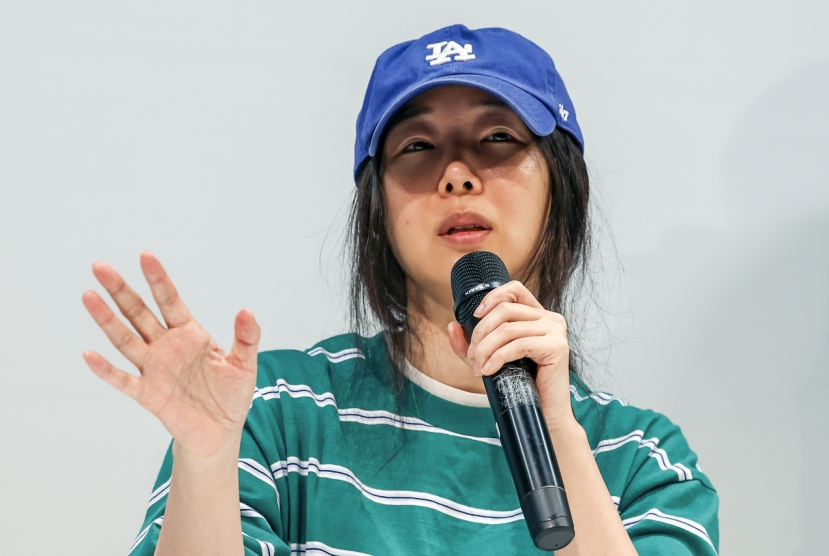Cineastes share their picks
Cinematheque Friends Film Festival screens films selected by celebrated filmmakers, critics
By Claire LeePublished : Jan. 9, 2014 - 20:34

Cinephiles in Seoul will get a rare chance this month to watch films selected by some of the most celebrated cineastes in the country, including Lee Jun-ik, Kim Jee-woon and Lee Dong-jin.
The annual Cinematheque Friends Film Festival opens next week, celebrating its ninth edition. This year’s lineup consists of 23 films, including opener “Spring in a Small Town.” Selected by Korean-Chinese filmmaker Zhang Lu for the festival, the opening film is a 1948 work by Chinese filmmaker Fei Mu.
The film revolves around a devoted wife who lives with her ill husband in a rural Chinese town after the Sino-Japanese War. While coping with loneliness and boredom, she one day receives a visit from a physician, who happens to be her former flame.
“It’s a very nice film,” said Zhang about his pick. “It did not receive much praise when it was released in the 1940s, but it is now being re-discovered and recognized. In that sense, I think this is the kind of film that can survive over time.”
Filmmaker Lee Jun-ik picked John Badham’s 1977 film “Saturday Night Fever,” an American disco classic that brought John Travolta into stardom. He played Tony, a paint store clerk who dreams of becoming a dance legend on the disco floor. “You can witness John Travolta in his heyday in this film,” Lee said. “But this film is not just a dance movie. The life of Tony isn’t too different from the ones of young Koreans today.”
Film critic Lee Dong-jin chose Bela Tarr’s 1994 film “Satan Tango,” a Hungarian film which runs longer than seven hours. Set during the closing days of Hungary’s Communist period, the movie features the collapse of a collective farm in the country. Its plot develops as Irimias, a man who villagers thought was dead, suddenly returns to the community.
“This is one of my favorite films and I wanted to see it in a theater one day,” Lee said on the film. “There have been a lot of great films in history, but I would choose this film among others if I were to make a list of the top 10 films in the world of all time.”

Filmmaker Kim Tae-yong’s pick is Joseph L. Mankiewicz’s 1947 film “The Ghost and Mrs. Muir.” The romantic fantasy film revolves around Lucy Muir, a young widow who moves to a seaside village from London to find a new life. There, she falls in love with the ghost of a sea captain, and she writes a book based on the life story the ghost shares with her. The book becomes a bestseller, but Lucy soon has to decide whether or not she should continue her relationship with the ghost. “It’s a lovely classic that grown-ups would enjoy,” director Kim said.
Fourteen of the screenings will be followed by special Q-and-A sessions with the cineastes who picked this year’s films. Aside from the regular screenings, celebrated filmmakers Zhang Lu and Bong Joon-ho will meet with the audience to discuss their past works. On Feb. 23, Bong will attend a special screening of his 2009 film “Mother,” and speak about it later. For the event, a black-and-white version of the film will be screened for the first time.
Zhang, on the other hand, will talk about his debut film “Tang Poetry” (2003) after the movie’s special screening on Feb. 8. The film is about a criminal couple who plan to rob their elderly next-door neighbor.
The festival runs from Jan. 16 to Feb. 23 at Seoul Art Cinema in central Seoul. Tickets range from 5,000 won to 7,000 won. For more information and the full schedule of Q-and-A sessions, call (02)741-9782 or visit www.cinematheque.seoul.kr.
By Claire Lee (dyc@heraldcorp.com)





![[Herald Interview] 'Amid aging population, Korea to invite more young professionals from overseas'](http://res.heraldm.com/phpwas/restmb_idxmake.php?idx=644&simg=/content/image/2024/04/24/20240424050844_0.jpg&u=20240424200058)











![[KH Explains] Korean shipbuilding stocks rally: Real growth or bubble?](http://res.heraldm.com/phpwas/restmb_idxmake.php?idx=652&simg=/content/image/2024/04/25/20240425050656_0.jpg&u=)

